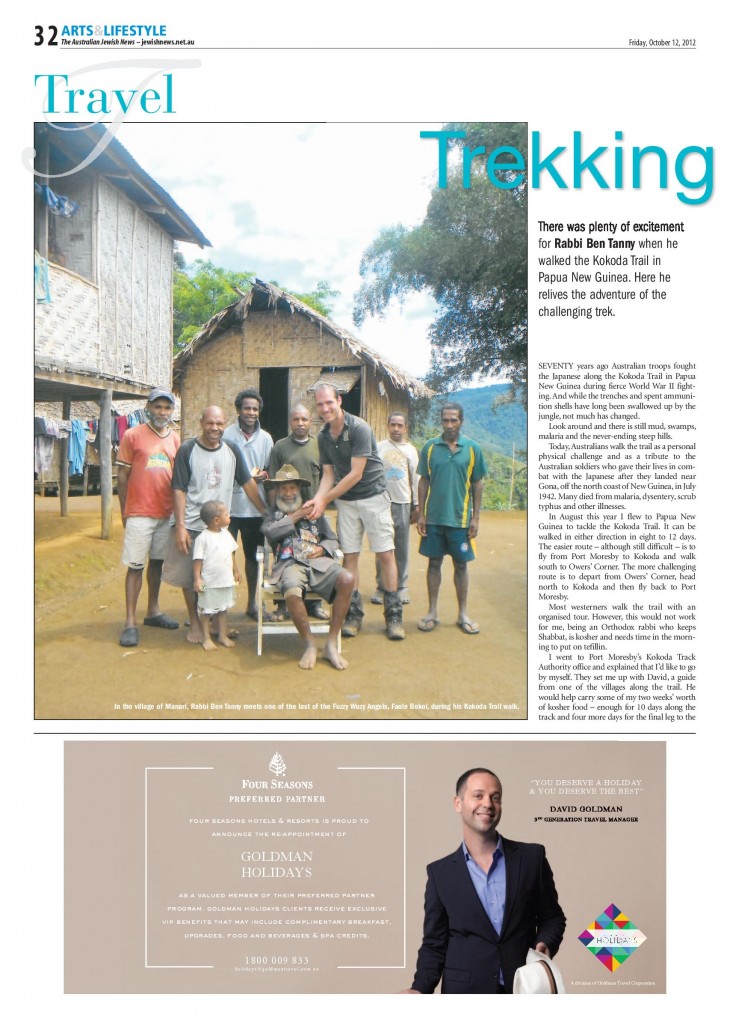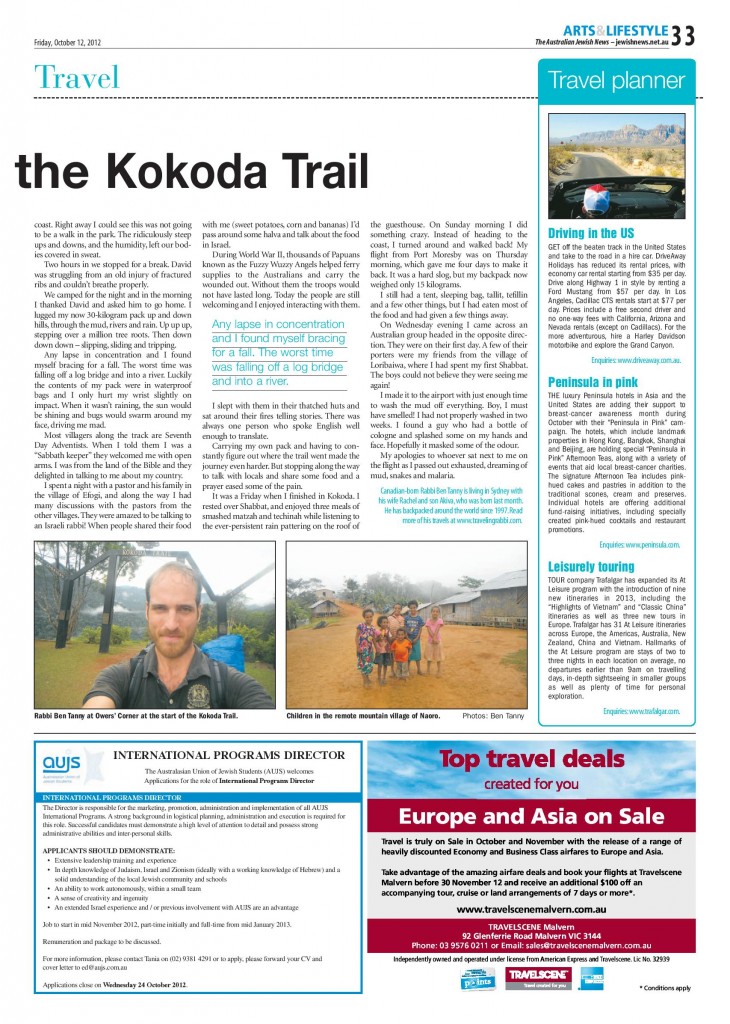Hi all,
This is from my sister Devorah who is working in Berlin now. She’s teaching classes on Jewish and helping out in the Jewish community. Here she shares some thoughts on an experience in Germany. She agreed that I could post this on travelling rabbi.
Heloo everybody,
Just wanted to share a quick thought with you from this faraway land….
I just got back from an amazing shabbos spent with the community of Lepzig, Germany. After a great day Friday, touring the city, visiting some of the historical sites and walking around the old part of town, we returned back to our guest house to bring in shabbos. Nothing prepared me for the kabbalat shabbat experience in the old shul of Leipzig, one of the only left standing from pre war Germany. The Nazi´s YS, chose to leave it intact so as not to disturb the German tenants in the building, as the shul is on the ground floor of an apartement building.
Entering the shul, I was immediately awed by its exquisite beauty. Red velvet seats filled the heigh ceilinged room, lit up by a huge crystal chandelier. Mahogany steps led up to the intricately woven curtain which hid the beautiful sifrei Torah within the Aron.
What struck me most though, was not the stunning decor of this ancient shul but the contrast of past meeting the present. A fraction of the seats in the mens section were filled, the seating capacity was for designed for hundreds where barely a minyan had gathered for the tefillot. The Chazzans voice reverberated against the walls as a scattering of voices joined in kedusha.
I could barely concentrate on the tefillot as my mind wandered to a time when there were not only 2 children making noise and vying for their parents´attention, but groups of children running up and down the staircases, answering amen to the Chazzan and begging for candy.
I thought of the area which I stayed at, once teeming with religious life, Kosher shops, tens of shuls, yeshivot…what the Rav of the Leipzig kehilla calls ´the Flatbush of Europe.´ Now, 4 frum families, literally.
These thoughts continued to bother me friday night until later on it struck me.
They tried to annihilate us, did everything in their power to destroy the last trace of our people and wipe us out forever. Try, they did, and it´s unfathomable what was irreversably destroyed in Jewish Europe. The shuls, the Yeshivot, the sifrei kodesh, the people…we can´t imagine it…
But here we are, decades later, there´s a small but strong Yeshiva in Berlin, a Jewish kindergaten, a girls midrasha, Torah centers throughout Germany, people who have commited their lives to rebuilding what was, Jewish LIFE.
We are still here.
As it says in P´Bechukotai, (26:44) ´´Lo meastim velo geáltim lechalotam lehafer briti itam ki Ani Hashem Elokeichem.“ ´´(I have not despised them nor abhorred them to make an end of them, for I, G-D, remains their L-rd.)´´
We have a promise.
Read More








